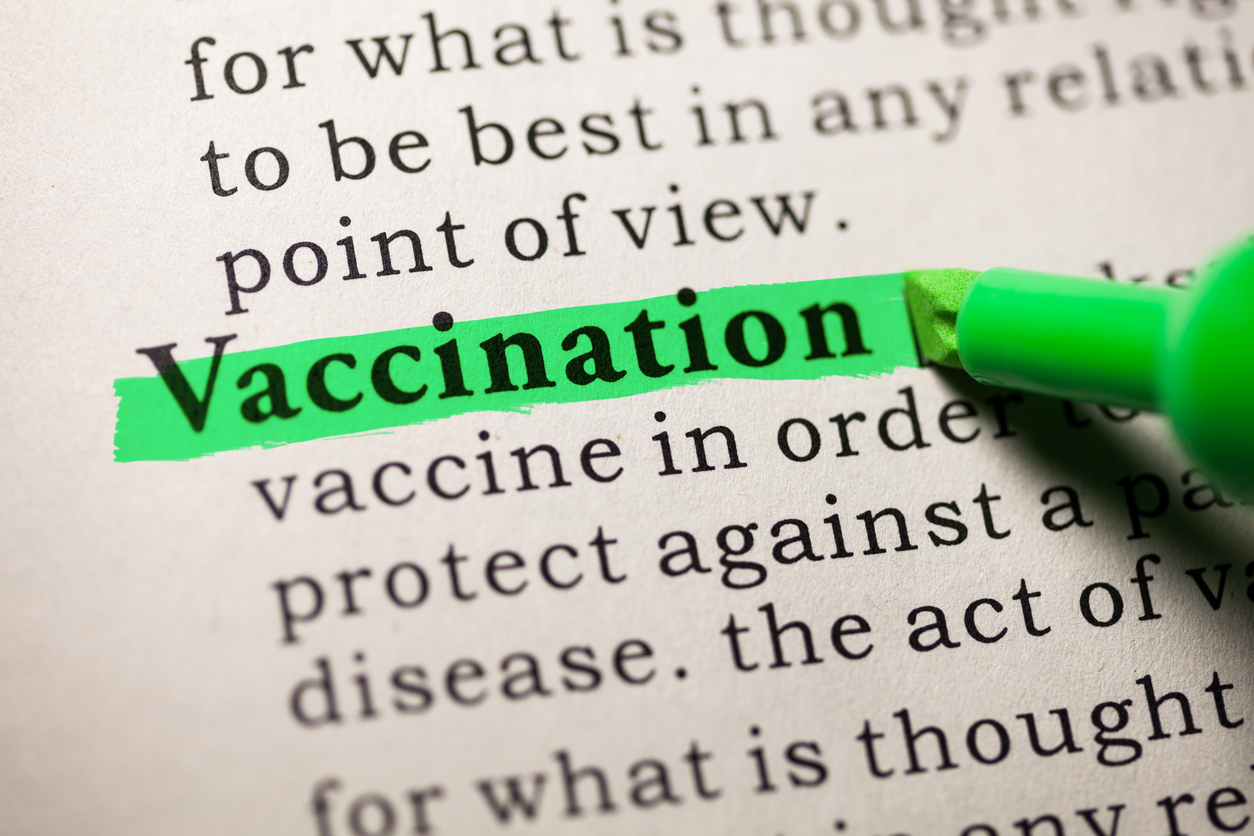2024-09-03
Antivirals for post-exposure prophylaxis of influenza: systematic review and network meta-analysis
Pharmacy
Antiviral post-exposure prophylaxis with neuraminidase inhibitors can reduce the incidence of influenza and the risk of symptomatic influenza, but the efficacy of other classes of antivirals remains uncertain. To support an update of WHO guidelines on influenza, this systematic review and network meta-analysis evaluated antiviral drugs for post-exposure prophylaxis of influenza.
The authors systematically searched MEDLINE, Embase, the Cochrane Register of Controlled Trials, the Cumulative Index of Nursing and Allied Health Literature, Global Health, Epistemonikos and ClinicalTrials.gov for randomised controlled trials published up to 20 September 2023 that assessed the efficacy and safety of antivirals compared with another antiviral or placebo or standard care for the prevention of influenza. Pairs of reviewers independently examined the studies, extracted the data and assessed the risk of bias. They performed network meta-analyses with the frequentist random effects model and assessed the confidence level of the evidence using the GRADE (Grading of Recommendations Assessment, Development and Evaluation) approach. The outcome measures of interest were symptomatic or asymptomatic infection, hospital admission, all-cause mortality, antiviral-related adverse events and serious adverse events. This study is registered with PROSPERO, CRD42023466450.
The authors systematically searched MEDLINE, Embase, the Cochrane Register of Controlled Trials, the Cumulative Index of Nursing and Allied Health Literature, Global Health, Epistemonikos and ClinicalTrials.gov for randomised controlled trials published up to 20 September 2023 that assessed the efficacy and safety of antivirals compared with another antiviral or placebo or standard care for the prevention of influenza. Pairs of reviewers independently examined the studies, extracted the data and assessed the risk of bias. They performed network meta-analyses with the frequentist random effects model and assessed the confidence level of the evidence using the GRADE (Grading of Recommendations Assessment, Development and Evaluation) approach. The outcome measures of interest were symptomatic or asymptomatic infection, hospital admission, all-cause mortality, antiviral-related adverse events and serious adverse events. This study is registered with PROSPERO, CRD42023466450.
Of the 11,845 registrations identified, 33 trials involving six antivirals (zanamivir, oseltamivir, laninamivir, baloxavir, amantadine and rimantadine) enrolled 19,096 people (mean age 6.75-81.15 years) included in this systematic review and network meta-analysis. Most studies were assessed as having a low risk of bias.
Zanamivir, oseltamivir, laninamivir and baloxavir are likely to significantly reduce the number of symptomatic influenza cases in people at high risk of severe disease (zanamivir : relative risk 0.35, 95% CI 0.25-0.50; oseltamivir: 0.40, 0.26-0.62; laninamivir: 0.43, 0.30-0.63; baloxavir: 0.43, 0.23-0.79; moderate certainty) when administered promptly (eg. eg, 48 hours) after exposure to seasonal influenza. These antivirals are unlikely to significantly reduce the number of symptomatic cases of influenza in people at low risk of severe illness when administered rapidly after exposure to seasonal influenza (moderate confidence).
Zanamivir, oseltamivir, laninamivir and baloxavir could significantly reduce the number of cases of symptomatic zoonotic influenza in people exposed to novel influenza A viruses associated with severe disease in infected humans when administered rapidly after exposure (low confidence level).
Oseltamivir, laninamivir, baloxavir and amantadine probably reduce the risk of all influenza (symptomatic and asymptomatic infection; moderate certainty).
Zanamivir, oseltamivir, laninamivir and baloxavir probably have little or no effect on preventing asymptomatic influenza infection or all-cause mortality (high or moderate certainty).
Oseltamivir probably has little or no effect on hospital admission (moderate certainty).
The six antivirals do not significantly increase the incidence of drug-related adverse events or serious adverse events, although the level of confidence in the evidence varies.

Last press reviews
Vaccine vs. SMC: rivals or partners?

#MalariaVaccine #R21MatrixM #Malaria #Vaccination #SMC #InsecticideTreat...
A race against time for a vaccine?

#PfSPZ #Vaccination #Malaria #Immunogenicity <br><br><br>...
Birch allergy: could one shot change everything?

#AllergicRhinoconjunctivitis #IgG4 #Allergoid #BirchPollen #Immunotherap...